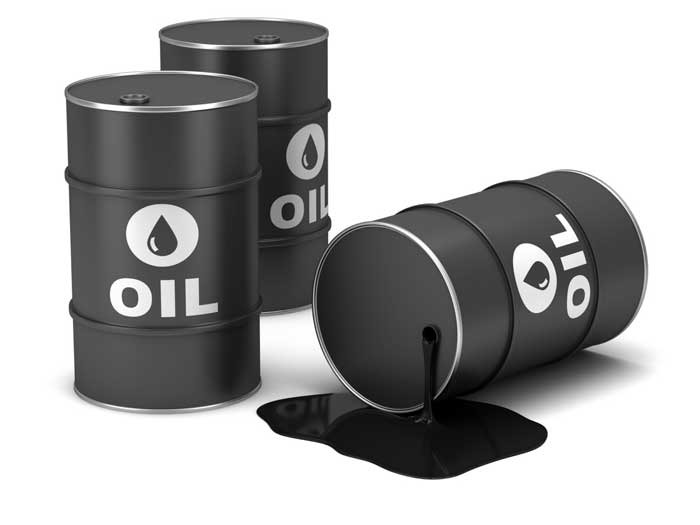Oil prices took a worse turn on Friday evening after Russia rejected the proposal to cut daily oil production by 1.5 million barrels. This development further dented the already battered market.
After the meeting, Russia refused to support the move, arguing that it was too early to predict the impact of a coronavirus outbreak on global energy demand. This means bigger trouble for oil dependent nations like Nigeria as prices continue to fall below their budget benchmark for the year. Nigeria had a benchmark of $57 per barrel in the 2020 budget.
As at the time of filing this report, the international benchmark, Brent Crude, plunged by 8.20 percent equivalent to $4.09 to trade at $45.90, while the US crude, the West Texas Intermediate fell by a staggering 8.45 percent or $3.88 to $42.02 per barrel.
With the failure of this deal, OPEC members and non-OPEC producers can produce the commodity at will in an already oversupplied market after the existing deal for output cuts expire at the end of March.
And with an oil-glut imminent, prices will have no choice but to continue dropping.
On Thursday, OPEC members backed an additional 1.5 million barrels per day of oil cuts until the end of 2020, equal to around 1.5 percent of global demand, a much bigger and more extended move than expected of 600,000 barrels per day.
They also called for extending existing OPEC+ cuts of 2.1 million barrels per day, meaning the proposed combined total of the cuts envisaged would have been 3.6 million bpd or about 3.6 percent of global supplies.
But they made the proposal on the condition that Russia and other non-producers will agree to the deal, but with the disagreement, analysts foresee a bad stain on a market already faced with the disruption by the coronavirus.


